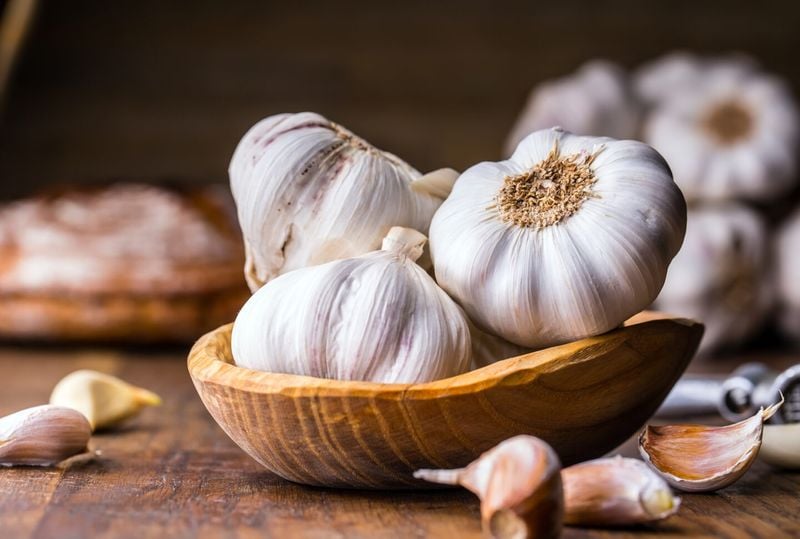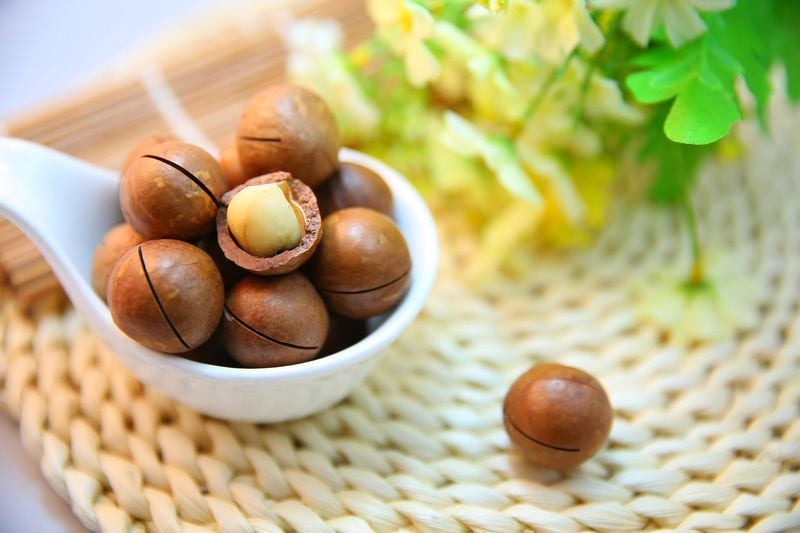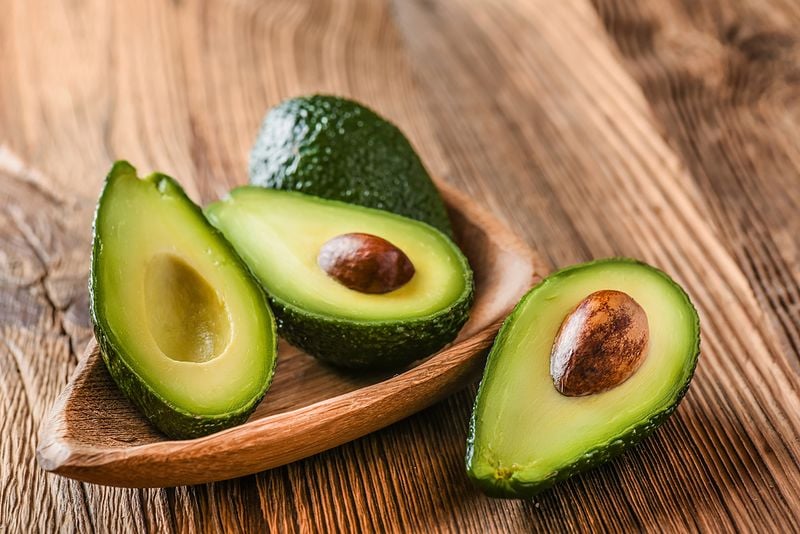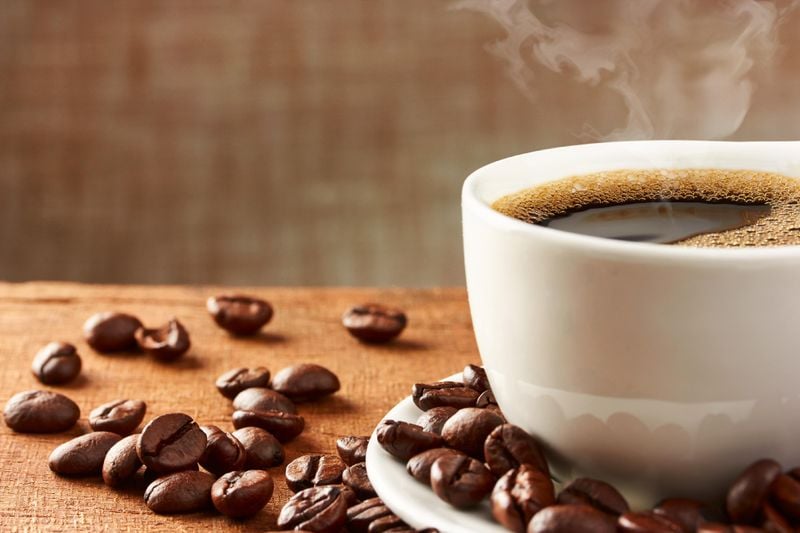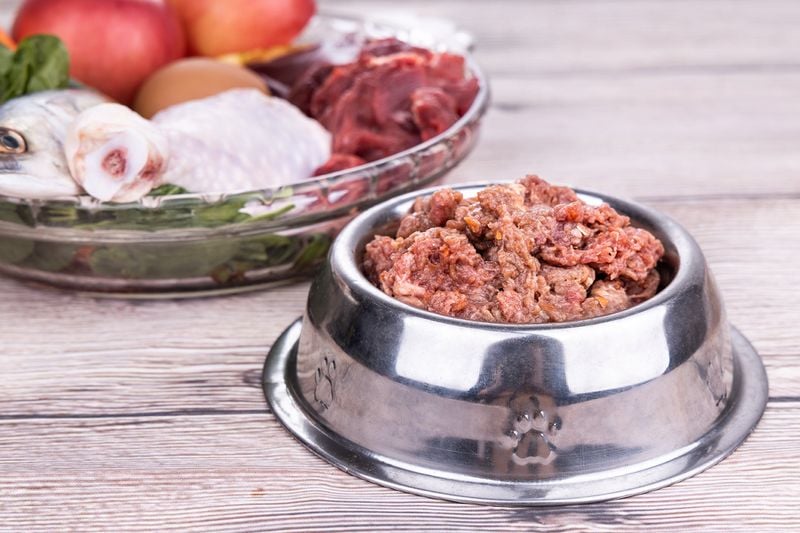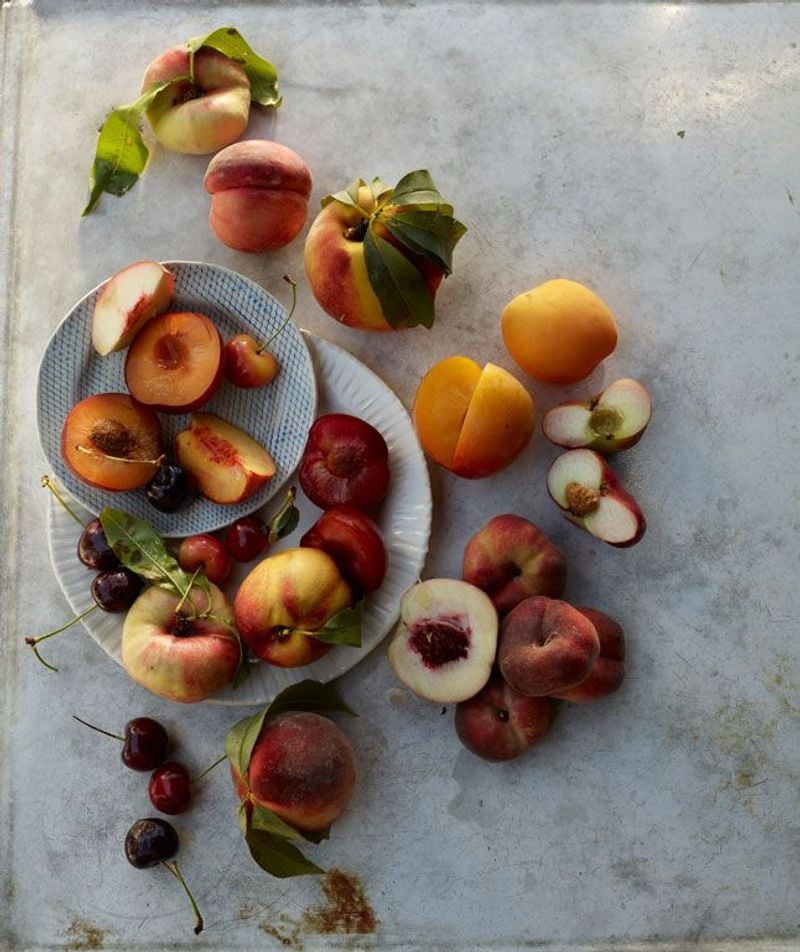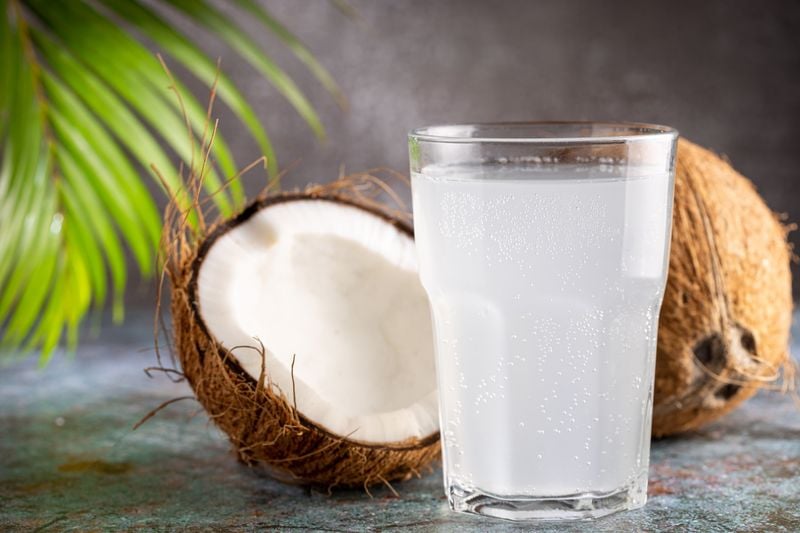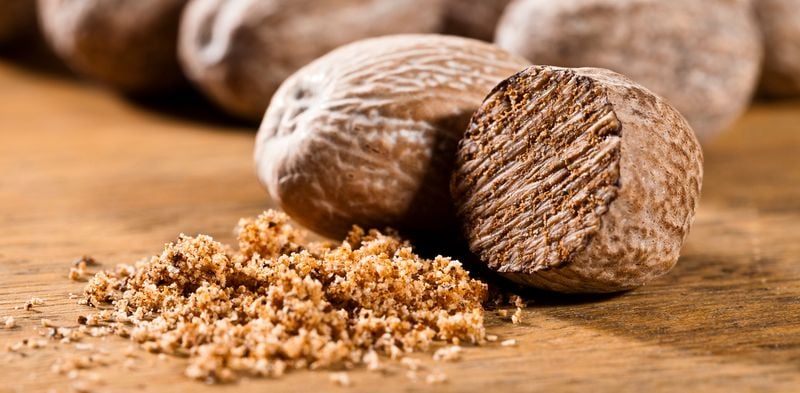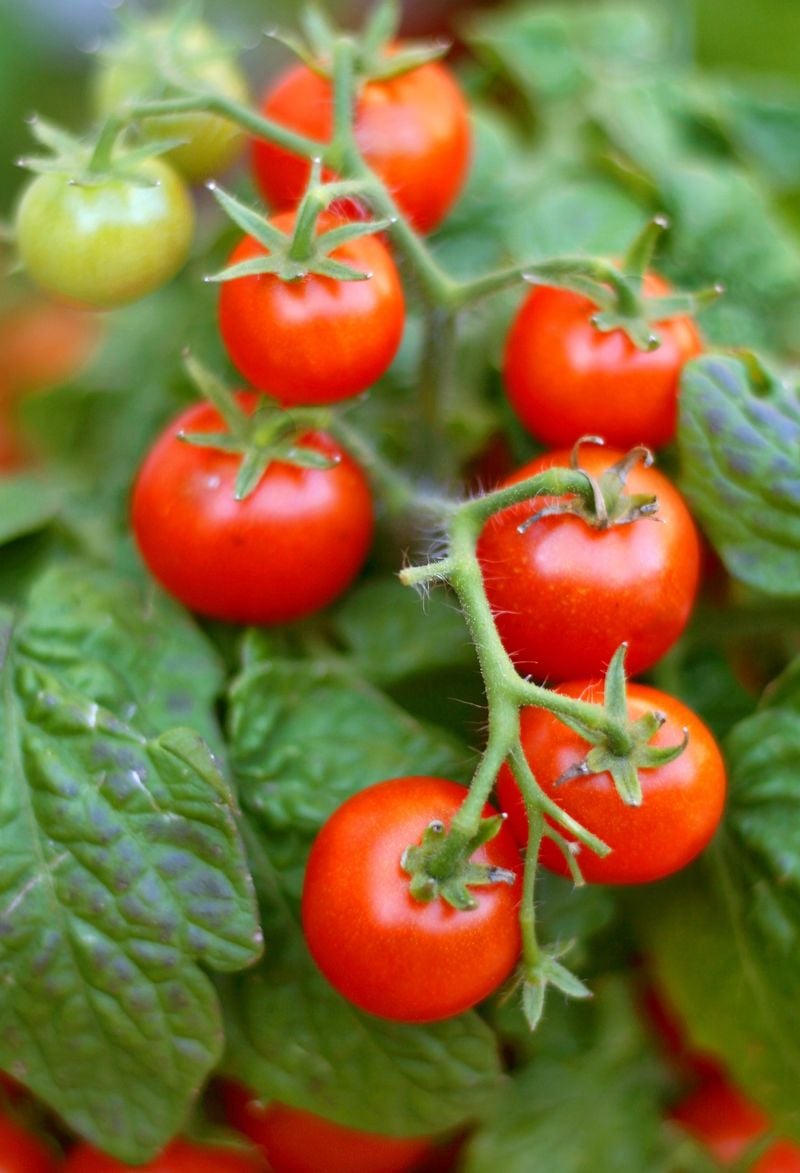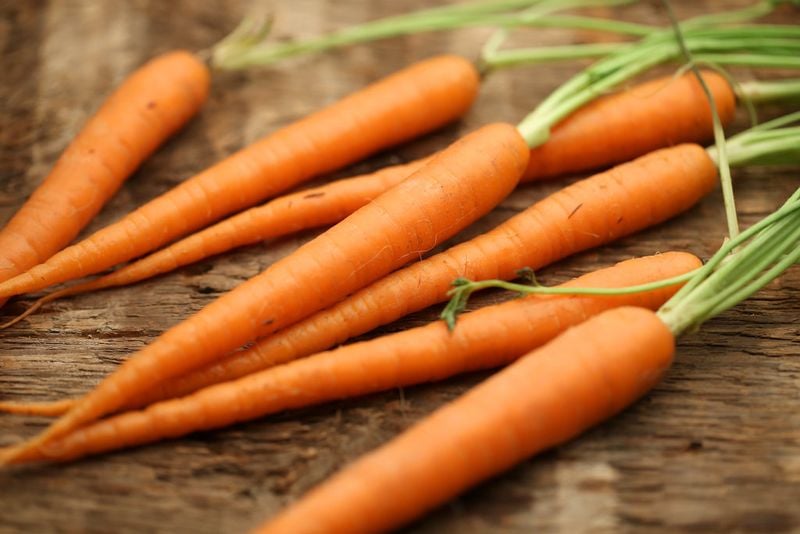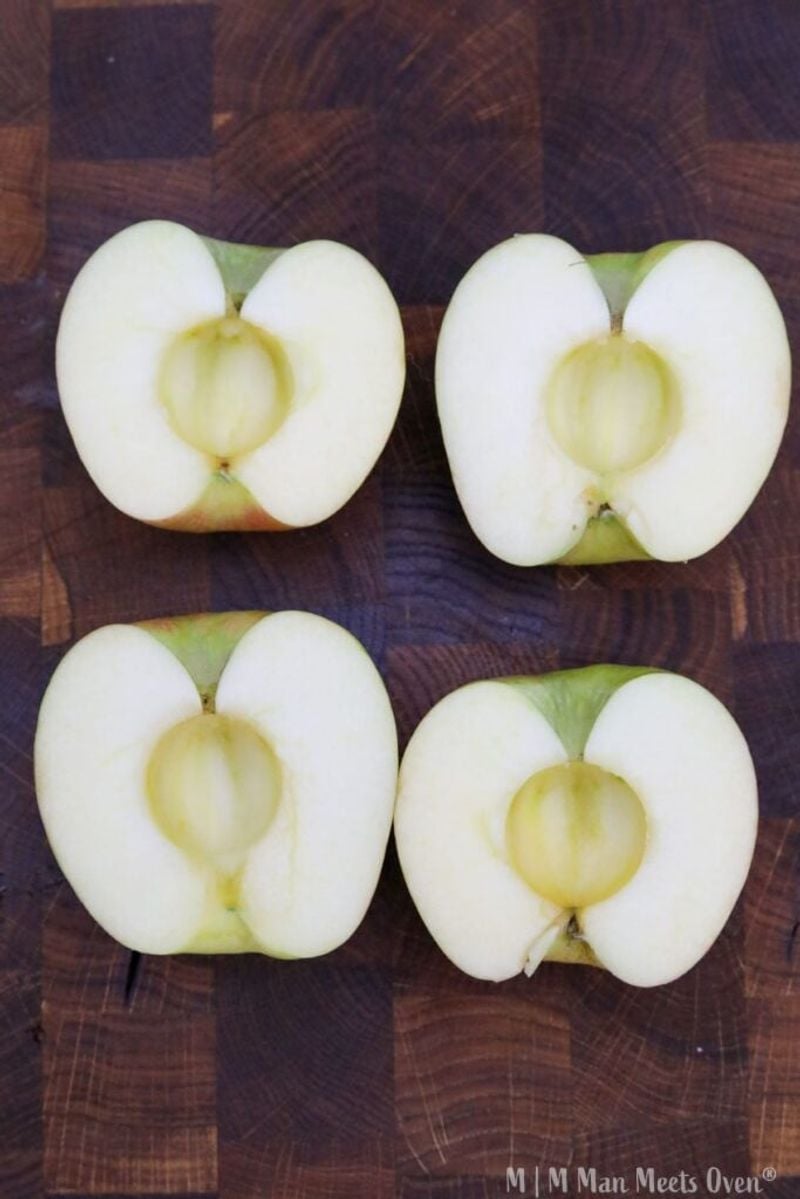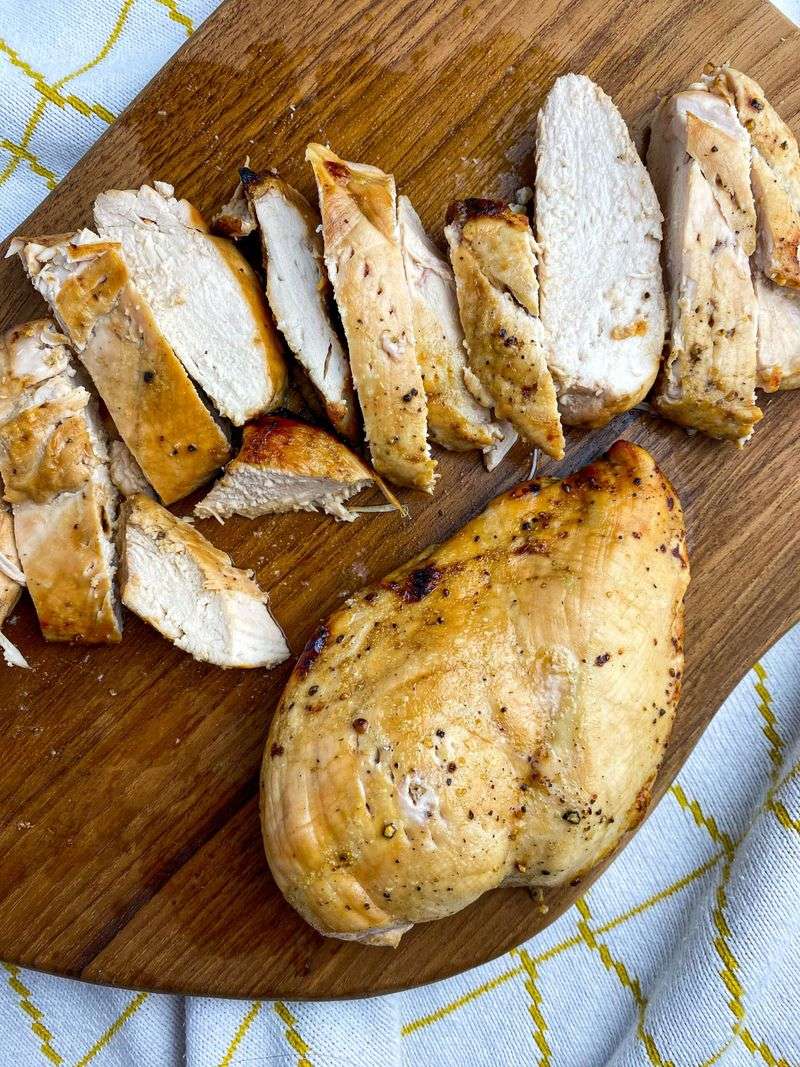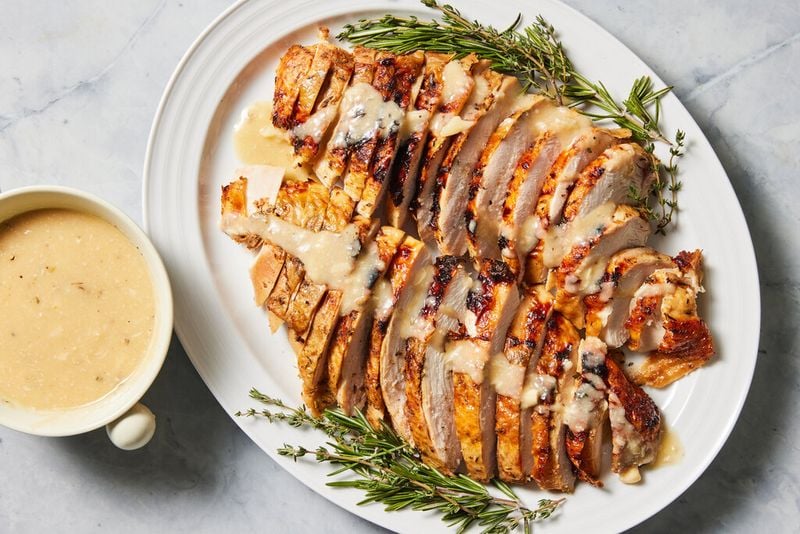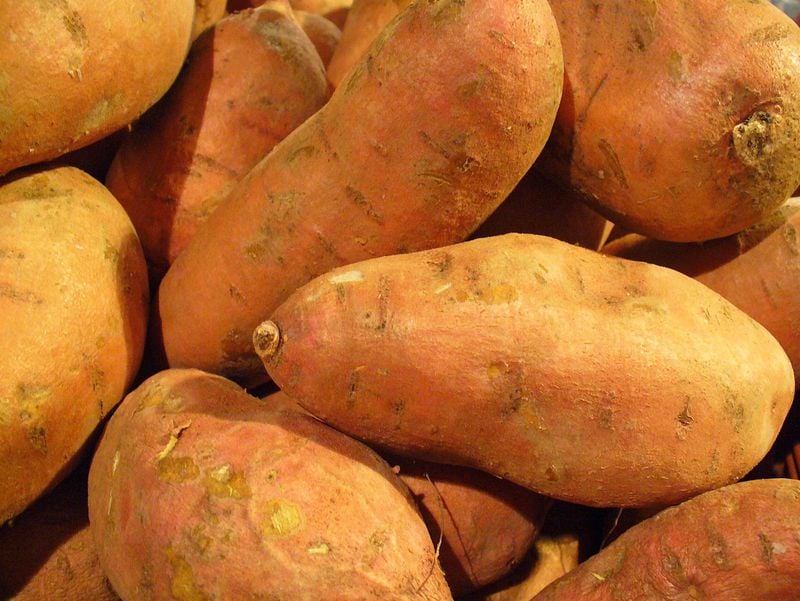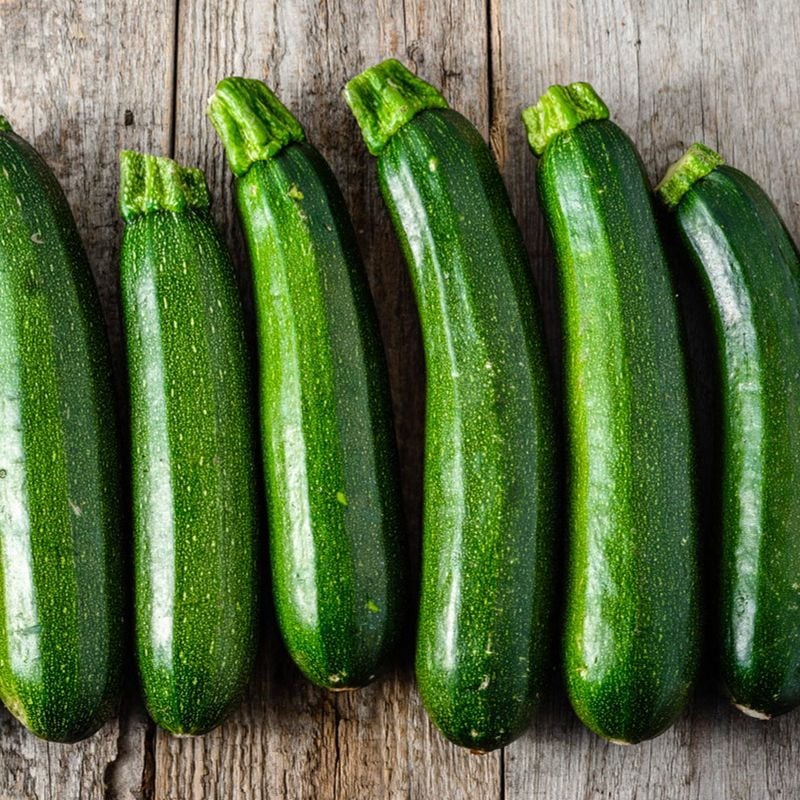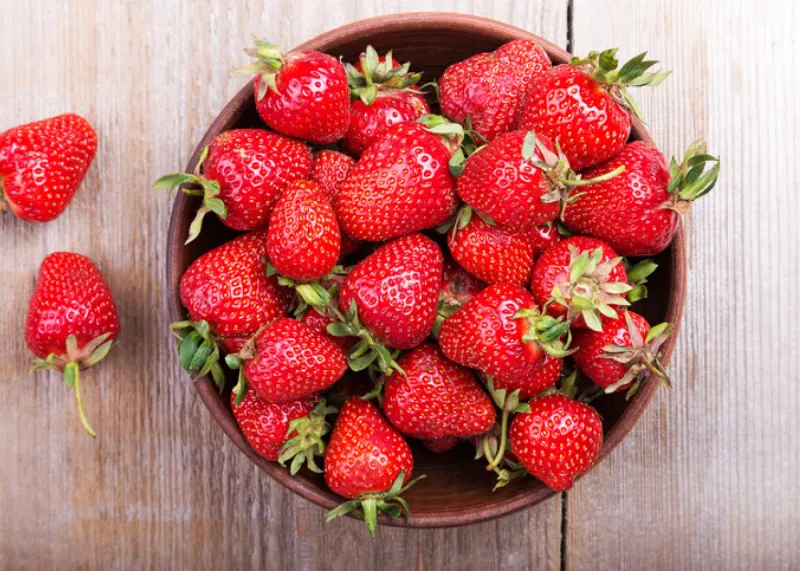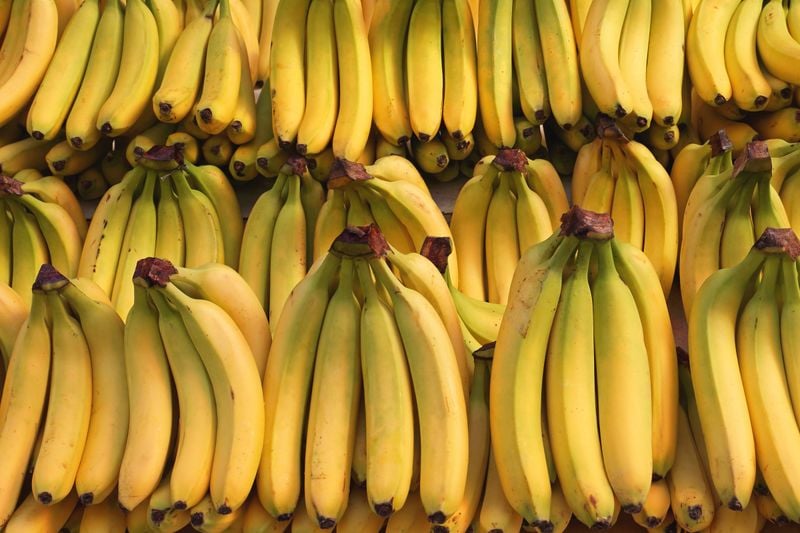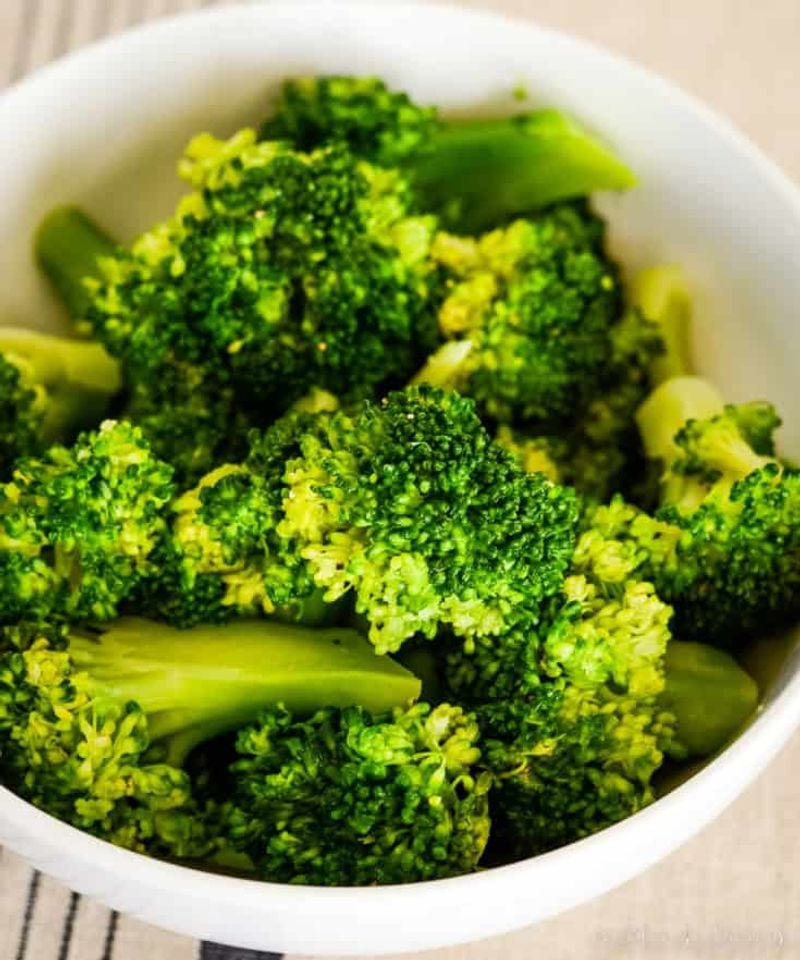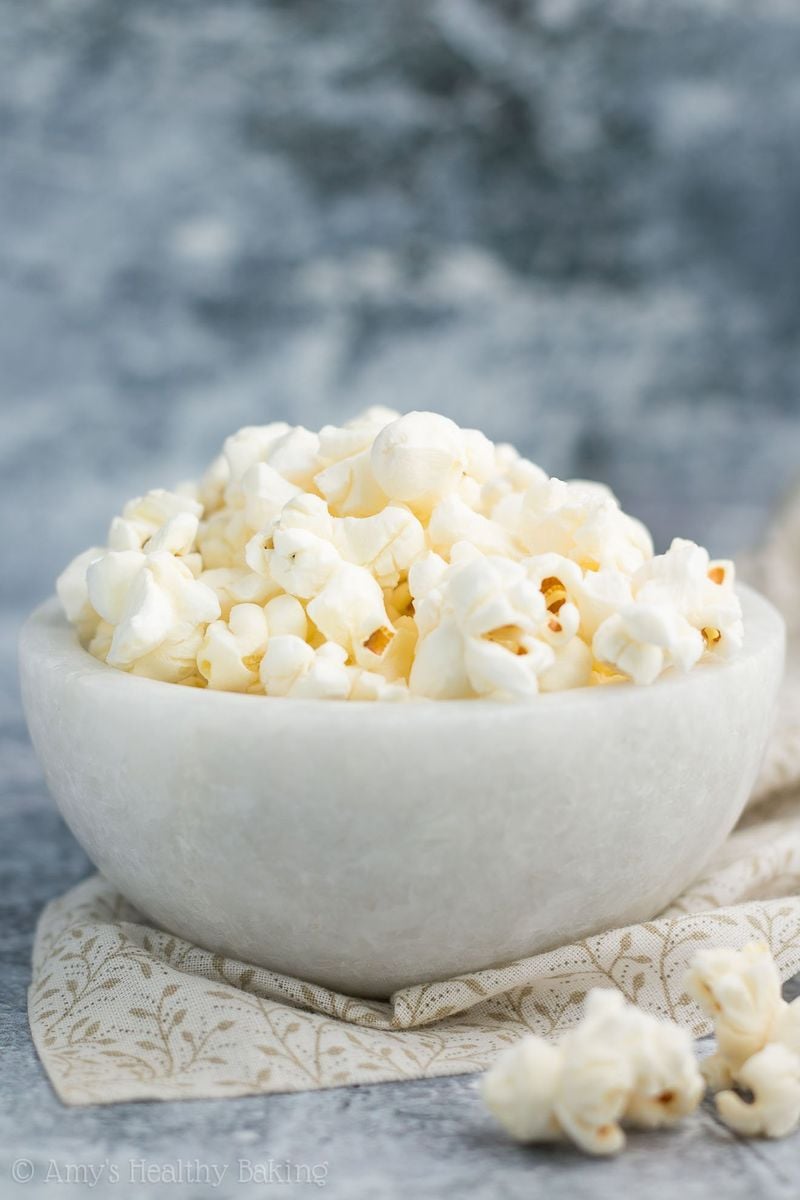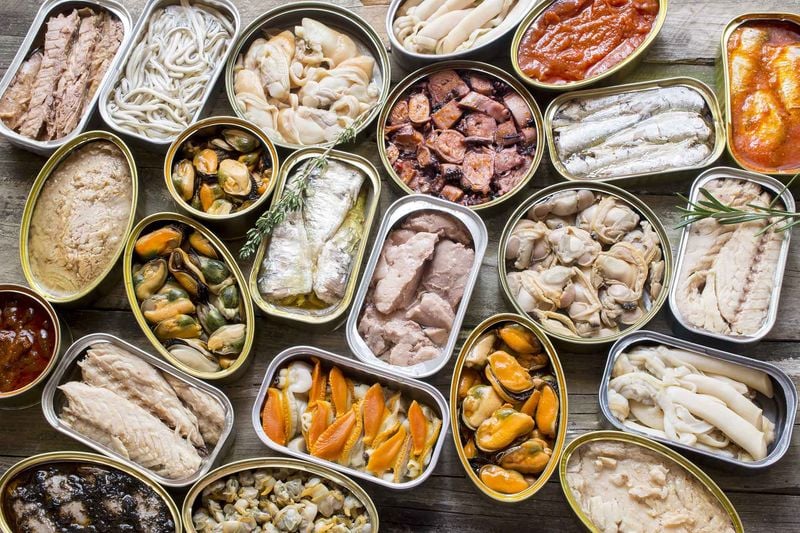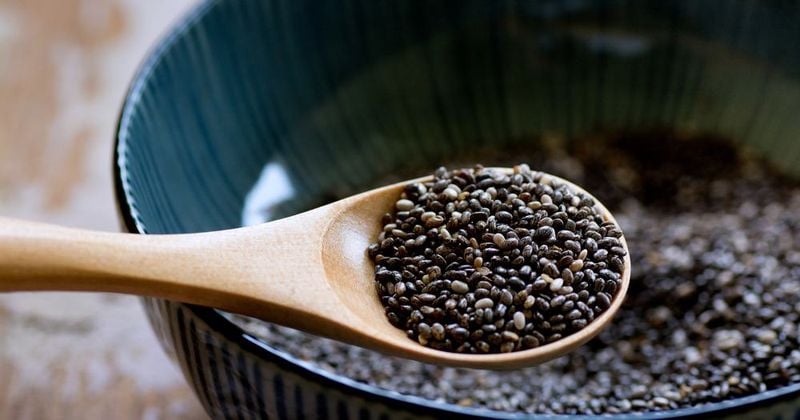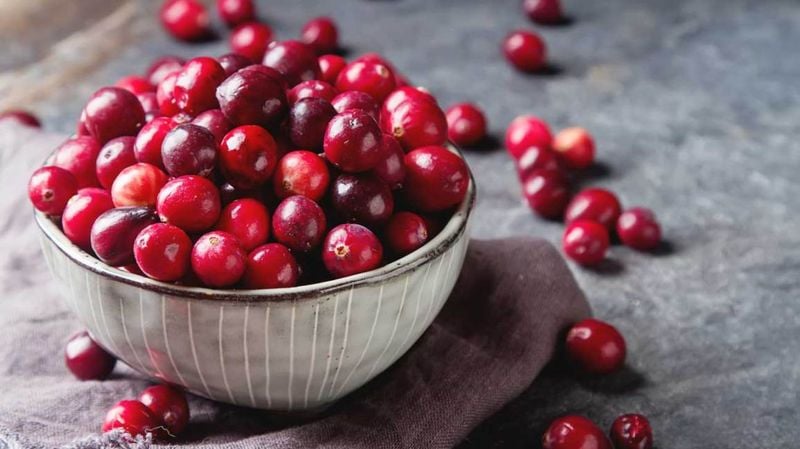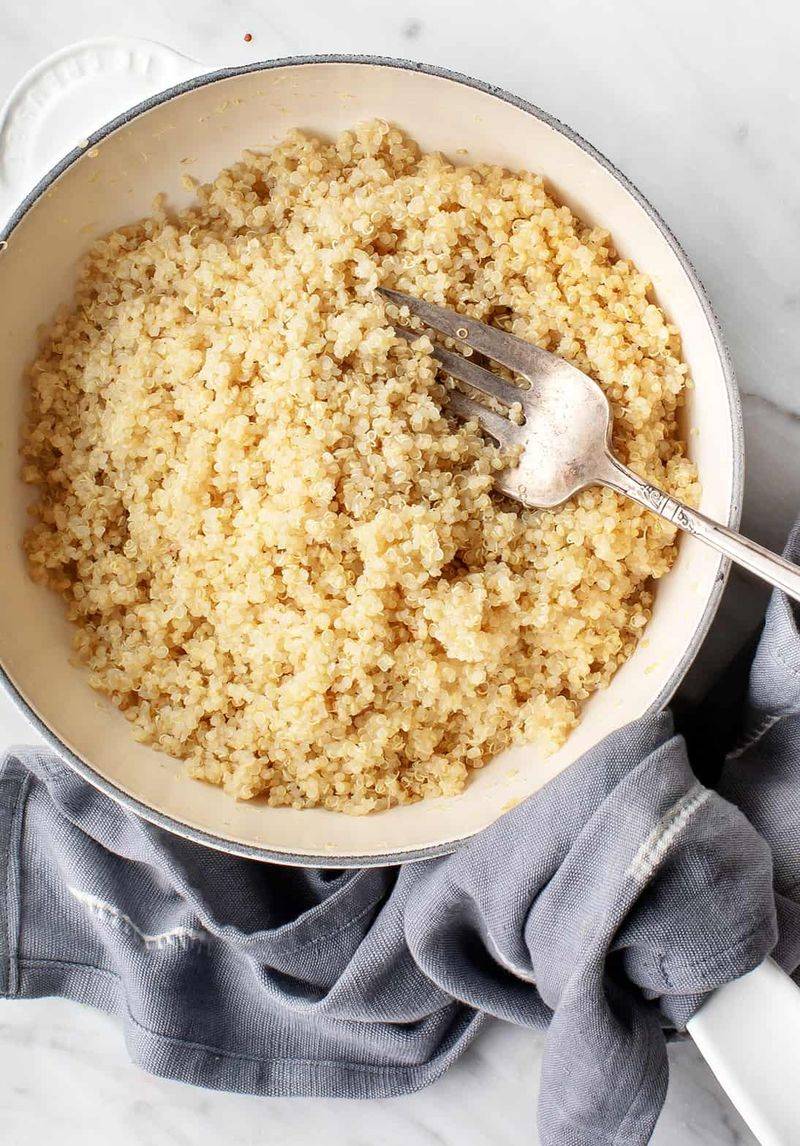27 Foods You Should Never Feed Your Dog And 27 That Are Totally Safe
Caring for your furry friend means more than just regular walks and belly rubs—it also involves knowing exactly what goes into their bowl. While it can be tempting to share a bite of your snack with your dog, not all human foods are safe for canine companions. In fact, some everyday ingredients we enjoy can be toxic, even life-threatening, to dogs.
Whether you’re a first-time dog parent or a seasoned pet owner, understanding which foods are harmful and which are healthy can make all the difference in your pup’s well-being. Feeding your dog the wrong treat—no matter how small—can lead to serious health issues, from digestive problems to organ damage. On the flip side, many human foods are not only safe for dogs but can actually provide nutritional benefits when given in moderation.
This guide outlines 27 common foods that you should never give your dog, followed by 27 that are perfectly safe (and even beneficial). It’s designed to help you make confident, informed choices about your dog’s diet—keeping tails wagging and mealtimes worry-free.
Let’s start with the foods to avoid—because when it comes to your dog’s health, prevention is key. Then, we’ll dive into the safe and nutritious treats that your pup will love.
1. Chocolate
Chocolate, beloved by humans, is toxic to dogs. It contains theobromine and caffeine, which can lead to serious health issues. Symptoms like vomiting, diarrhea, and increased heart rate can occur.
In severe cases, chocolate consumption might result in seizures or even death. Even a small amount can be dangerous, so keep all chocolate out of reach. The darker the chocolate, the more toxic it is. Always choose safer treats for your pet.
2. Grapes
Grapes and their dried counterpart, raisins, are extremely harmful to dogs. Even a few can lead to kidney failure in some pets. Symptoms include vomiting, diarrhea, and lethargy.
The exact toxic substance in grapes is still unknown, making them even more mysterious and dangerous. Always keep grapes and raisins away from reach, and inform family members and guests about this hazard. Opt for dog-friendly fruits instead.
3. Raisins
Raisins, like grapes, pose a severe threat to your dog’s health. They can cause kidney failure, leading to serious complications or even death. Symptoms may appear within hours and include vomiting, lethargy, and a lack of appetite.
The specific toxin remains unidentified, which heightens the risk. Ensure raisins are never accessible to your pet, and educate others about their potential danger. Safer snacks are available for our canine friends.
4. Onions
Onions, along with garlic, belong to the allium family, known to be harmful to dogs. They contain compounds that can damage red blood cells, leading to anemia. Symptoms may include weakness, vomiting, and a loss of appetite.
Cooking onions doesn’t eliminate their toxicity, so all forms should be avoided. Keep onions out of your dog’s diet to ensure their safety and health. Seek out non-toxic alternatives for flavoring meals.
5. Garlic
Garlic, though flavorful, is dangerous for dogs. It contains thiosulfate, which damages red blood cells, causing anemia. Symptoms like fatigue, pale gums, and an increased heart rate can occur.
Even small quantities can be harmful, so avoiding garlic in all forms is crucial. This includes raw, cooked, and powdered versions. Safeguard your pet’s health by choosing garlic-free foods and treats, ensuring they remain vibrant and lively.
6. Macadamia nuts
Macadamia nuts may look harmless, but they can cause serious harm to dogs. Consumption leads to symptoms like vomiting, fever, and muscle tremors. The exact cause of toxicity isn’t clear, yet even a small amount can lead to distress.
Dogs may become weak and unable to walk properly. It’s best to avoid these nuts entirely and educate others about their potential danger. Safer nut options are available for curious pets.
7. Xylitol (in gum, candy, etc.)
Xylitol, a common sugar substitute, is extremely toxic to dogs. Found in gum, candy, and many sugar-free products, it can cause a rapid insulin release, leading to hypoglycemia.
Symptoms include vomiting, loss of coordination, and seizures. In severe cases, liver failure may occur. Always check product labels and keep xylitol-containing items out of your pet’s reach. Choose natural sweeteners that are safe for both humans and dogs.
8. Avocados
Avocados contain persin, a substance harmful to dogs. While small amounts might be tolerated, it’s best to err on the side of caution. Symptoms of avocado ingestion include vomiting and diarrhea.
The pit poses an additional choking hazard. Keep avocados and products containing them away from your pet. Always opt for fruits and vegetables that are known to be safe. Your dog’s health is too precious to gamble on avocado treats.
9. Alcohol
Alcohol and dogs are a dangerous mix. Even a small amount can lead to alcohol poisoning, with symptoms such as vomiting, lack of coordination, and breathing difficulties. In severe cases, it can lead to coma or death.
Dogs are more sensitive to alcohol than humans, so never offer alcoholic beverages. Keep all forms of alcohol securely stored away, ensuring a safe and happy environment for your furry companions.
10. Caffeine
Caffeine, found in coffee, tea, and chocolate, is toxic to dogs. It affects their central nervous system and heart. Symptoms of caffeine poisoning include restlessness, rapid breathing, and muscle tremors.
In severe cases, it can cause seizures or heart failure. Keep caffeinated beverages and foods out of your dog’s reach. Educate family and friends about its dangers, ensuring everyone is vigilant about potential exposure.
11. Cooked bones
Cooked bones may splinter and cause serious harm to dogs. They can lead to choking, internal injuries, or blockages in the digestive tract. Despite common myths, cooked bones are not safe for pets.
Always opt for raw, vet-approved bones or dental chews designed specifically for dogs. Prioritize your pet’s safety by removing bones from their diet, and offer them safer alternatives to gnaw and enjoy.
12. Raw yeast dough
Raw yeast dough can expand in a dog’s stomach, causing bloating and discomfort. As the yeast ferments, it produces alcohol, leading to alcohol poisoning. Symptoms include vomiting, belly pain, and lethargy.
Avoid leaving raw dough unattended in your kitchen. Opt for dog-friendly baked goods that don’t involve yeast. By understanding this risk, you can ensure your pet stays happy and healthy, free from unnecessary distress.
13. Blue cheese
Blue cheese contains roquefortine C, a substance potentially harmful to dogs. It can cause vomiting, diarrhea, and tremors. While some dogs might tolerate small amounts, it’s better to avoid offering blue cheese altogether.
Opt for cheeses that are known to be safe in moderation. Keep gourmet cheeses out of reach, ensuring your pet doesn’t accidentally indulge. Choose treats specifically designed for canine enjoyment instead.
14. Moldy foods
Moldy foods can harbor mycotoxins, which are dangerous for dogs. Consumption can lead to muscle tremors, seizures, and vomiting. The toxins present in moldy foods are unpredictable and vary in severity.
Always dispose of moldy food properly, preventing any accidental ingestion by pets. Keep your kitchen clean and organized, ensuring all food is stored safely. Choose fresh, wholesome snacks for your furry friends.
15. Salt
Excessive salt consumption can lead to sodium ion poisoning in dogs. Symptoms include vomiting, diarrhea, and tremors. In severe cases, it might cause seizures or even death.
Dogs’ sodium needs are much lower than humans’, so keeping their salt intake minimal is essential. Avoid sharing salty snacks, and choose low-sodium options for treats. Ensuring your dog’s diet is balanced will help maintain their health and vitality.
16. Fat trimmings
Feeding dogs fat trimmings might seem harmless, but it can lead to pancreatitis. This condition causes inflammation of the pancreas, resulting in vomiting and abdominal pain. Dogs’ digestive systems are not equipped to handle high-fat foods.
Always trim meat properly and dispose of fat safely. Opt for lean meats or specialized dog treats instead. By being mindful of your dog’s fat intake, you can prevent unnecessary health issues.
17. Raw eggs
Raw eggs might expose dogs to harmful bacteria like salmonella. They also contain avidin, which can interfere with biotin absorption, potentially leading to skin and coat issues.
Some dog owners advocate for raw diets, but it’s essential to consult with a vet. Cooked eggs provide a safe and nutritious alternative. Always prioritize your pet’s health by understanding the risks associated with raw foods and opting for cooked options.
18. Raw meat or fish (unvetted)
Unvetted raw meat and fish can pose significant health risks to dogs. They may contain harmful bacteria or parasites, leading to illness. Symptoms include vomiting, diarrhea, and lethargy.
While some owners prefer raw diets, it’s crucial to source meats from reputable suppliers. Consulting with a vet ensures that the diet is balanced and safe. Cooked meats and fish are generally safer, eliminating many of the associated risks.
19. Apple seeds
Apple seeds contain cyanide, which is toxic to dogs. Ingesting them can lead to cyanide poisoning, though a large amount is needed for serious effects. Symptoms include difficulty breathing and dilated pupils.
When offering apples to your pet, remove the seeds and core. Apples are a healthy treat when prepared correctly, providing vitamins and fiber. By safely removing the seeds, you can enjoy peace of mind while sharing this fruit with your dog.
20. Cherry pits
Cherry pits, like apple seeds, contain cyanide and pose a choking hazard. While the fruit itself is safe, the pits must be removed. Symptoms of cyanide poisoning include difficulty breathing and bright red gums.
Always offer pitted cherries or opt for other fruits that don’t require preparation. Providing safe, nutritious snacks helps maintain your dog’s well-being. By understanding this risk, you can make informed choices for your pet’s diet.
21. Peach and plum pits
Like cherries, peach and plum pits contain cyanide and pose a significant hazard to dogs. They can lead to choking or intestinal blockages if ingested.
Symptoms of cyanide poisoning include excessive drooling and difficulty breathing. Always remove the pits before offering these fruits to your dog.
Better yet, choose fruits that are naturally free of pits, ensuring a safe snacking experience. Your dog’s health should always be the priority.
22. Milk and dairy (for lactose-intolerant dogs)
While some dogs enjoy milk and dairy, many are lactose intolerant. This can lead to digestive issues such as diarrhea and gas. Symptoms vary, so it’s essential to monitor your pet’s reaction.
If lactose intolerant, opt for lactose-free alternatives or non-dairy treats. Regular cheese can be given in moderation, provided your dog isn’t sensitive. Understanding your pet’s dietary needs ensures their comfort and health, free from unnecessary discomfort.
23. Coconut water
Coconut water is rich in potassium, making it unsuitable for dogs in large quantities. While generally safe in moderation, excessive consumption can lead to electrolyte imbalances. It’s best to offer plain water and reserve coconut water for special occasions or treats.
Monitoring your dog’s reaction is key to ensuring their safety. By keeping your pet hydrated with appropriate liquids, you support their overall health and well-being.
24. Nutmeg
Nutmeg contains myristicin, a compound toxic to dogs. Ingesting it can lead to symptoms like hallucinations, increased heart rate, and abdominal pain. While used sparingly in cooking, it’s wise to avoid giving nutmeg to pets entirely.
Opt for spices and flavorings that are known to be safe for dogs. Keeping potentially harmful ingredients out of reach ensures a safe environment where your pet can thrive.
25. Cinnamon
Cinnamon, while not toxic, can cause irritation in dogs. Ingesting large amounts might lead to vomiting, diarrhea, or changes in heart rate. However, small amounts used in baking are generally safe.
It’s important to monitor how your pet reacts to cinnamon and adjust accordingly. When in doubt, choose treats and recipes specifically designed for dogs, ensuring their comfort and enjoyment without unnecessary risks.
26. Tomato leaves and stems
Tomato leaves and stems contain solanine, a toxic substance for dogs. Consuming them can lead to symptoms like drooling, vomiting, and heart rate changes. While ripe tomatoes are safe, the green parts must be avoided.
Educate family members about this risk, and remove any plants from areas accessible to pets. Offering ripe, safe fruits ensures your dog’s safety and provides a nutritious treat they can enjoy without worry.
27. Mustard seeds
Mustard seeds can cause gastrointestinal irritation in dogs. Ingesting them might lead to vomiting and diarrhea. While mustard as a condiment is rarely consumed by pets, it’s best to keep seeds and mustard plants out of reach.
Opt for spices and herbs known to be safe for dogs when preparing their meals. Prioritizing your pet’s health means understanding potential hazards and choosing ingredients wisely.
But it’s not all bad news—here are 27 human foods that dogs can safely eat.
1. Carrots
Carrots are a crunchy, nutritious treat for dogs. Rich in beta-carotene, they promote good vision and a healthy immune system. Dogs enjoy them raw or cooked, making them a versatile snack.
Their natural sweetness adds flavor without the need for added sugars. Carrots’ fibrous texture helps clean teeth and support digestion. Offering carrots as a treat not only delights your pet but contributes to their overall well-being.
2. Apples (no seeds)
Apples are a refreshing, healthy treat for dogs, provided the seeds and core are removed. They offer vitamins A and C, along with fiber, aiding digestion and promoting a shiny coat.
Dogs enjoy their crisp texture and sweet taste. When preparing apples, ensure all seeds are removed to prevent any risk of cyanide exposure. By choosing apples as a snack, you provide a flavorful and nutritious option for your furry friend.
3. Peanut butter (xylitol-free)
Peanut butter, free from xylitol, is a beloved treat for dogs. Its creamy texture and rich flavor make it an irresistible snack. A source of healthy fats and protein, it supports energy and muscle health.
When choosing peanut butter, ensure it’s free from harmful additives like xylitol. Use it as a reward or a filling for toys, providing mental stimulation. A spoonful brings joy, transforming ordinary moments into delightful experiences.
4. Pumpkin
Pumpkin is a versatile, nutritious food for dogs. Rich in fiber and vitamins, it supports digestive health and provides a soothing effect. Whether canned or fresh, pumpkin can be mixed into meals for added flavor and nutrition.
Dogs enjoy its natural sweetness, making it a delightful treat. By including pumpkin in your pet’s diet, you aid in maintaining a healthy weight and promoting a vibrant, energetic life.
5. Cooked chicken
Cooked chicken is a staple in many dog diets. It’s a lean protein source, supporting muscle development and energy. Dogs enjoy its savory taste, and it can be served plain or mixed with other ingredients.
Avoid seasoning or bones that might pose a risk. By choosing cooked chicken, you ensure a balanced meal that contributes to a healthy lifestyle. Whether as a main dish or a treat, it’s a versatile option for dogs.
6. Cooked turkey
Cooked turkey, like chicken, is a lean protein that dogs love. It supports muscle growth and provides the energy needed for an active lifestyle. When serving turkey, ensure it’s plain and free from harmful seasonings or bones.
Dogs relish its rich, savory flavor, and it can be incorporated into meals or offered as a treat. Opting for cooked turkey ensures your pet receives the essential nutrients for a healthy, happy life.
7. Rice
Rice is a gentle, easily digestible food for dogs. It aids in soothing an upset stomach and provides a source of energy. Dogs enjoy its mild flavor and soft texture. When cooked properly, rice can be mixed with other ingredients to create a balanced meal. By incorporating rice into your pet’s diet, you offer a versatile option that supports overall health and well-being.
8. Oatmeal
Oatmeal provides a nutritious, fiber-rich option for dogs. It’s beneficial for sensitive stomachs and supports healthy digestion. When prepared plainly, without added sugars or flavorings, it becomes a wholesome meal or treat.
Dogs enjoy its comforting texture and warmth. Including oatmeal in your dog’s diet can promote a shiny coat and provide essential nutrients, ensuring your pet thrives.
9. Sweet potatoes
Sweet potatoes are a nutrient-rich, tasty treat for dogs. Packed with vitamins A, C, and B6, they support immune health and provide energy. Dogs enjoy their natural sweetness and soft, chewy texture.
When cooked, sweet potatoes can be served as a standalone snack or mixed into meals. Offering sweet potatoes promotes overall well-being and adds variety to your pet’s diet, ensuring they remain healthy and satisfied.
10. Green beans
Green beans are a low-calorie, nutritious snack for dogs. They’re packed with vitamins and minerals, supporting overall health. Dogs enjoy them raw or cooked, making them a versatile addition to meals.
Their crunchy texture is satisfying, and they can be used as a treat or a meal supplement. By incorporating green beans into your dog’s diet, you promote a healthy weight and provide essential nutrients for a vibrant life.
11. Cucumber
Cucumber offers a hydrating, low-calorie treat for dogs. Its high water content helps keep pets hydrated, especially in warm weather. Dogs enjoy its crisp texture and mild flavor.
It can be sliced and served as a refreshing snack, providing a cool, crunchy treat. Including cucumber in your dog’s diet supports hydration and offers a healthy alternative to high-calorie treats, ensuring your pet stays fit and happy.
12. Zucchini
Zucchini is a nutritious, low-calorie vegetable that dogs can enjoy. It’s rich in vitamins and minerals, supporting overall health and weight management. Dogs appreciate its mild flavor and versatile preparation options.
They can be grilled, steamed, or served raw as a crunchy snack. Incorporating zucchini into your dog’s meals or treats promotes a balanced diet and contributes to their overall well-being, ensuring a happy, active life.
13. Blueberries
Blueberries are a superfood treat for dogs. Packed with antioxidants, they support immune health and provide a burst of flavor. Dogs love their sweet, tangy taste and juicy texture.
These tiny berries can be served fresh or frozen as a crunchy snack. Including blueberries in your pet’s diet offers nutritional benefits and a delightful treat, ensuring your furry friend enjoys both taste and health advantages.
14. Strawberries
Strawberries offer a sweet, nutritious snack for dogs. Rich in vitamin C and fiber, they support immune health and digestion. Dogs enjoy their juicy texture and natural sweetness.
When served fresh, strawberries can be a delightful treat that adds variety to your pet’s diet. Including strawberries in your dog’s meals or as snacks contributes to their overall health, providing essential nutrients and a burst of flavor.
15. Bananas
Bananas are a sweet, energy-boosting treat for dogs. Rich in potassium, they support heart and muscle function. Dogs love their creamy texture and natural sweetness. Bananas can be sliced and served as a snack or mashed into meals.
Including bananas in your pet’s diet offers nutritional benefits and a tasty treat, ensuring your furry friend stays healthy and energetic.
16. Broccoli (in small amounts)
Broccoli offers a nutritious treat for dogs when served in small amounts. Rich in vitamins C and K, it supports immune health and bone strength. Dogs enjoy its crunchy texture, but too much can lead to digestive upset.
Offering broccoli in moderation ensures your pet receives the benefits without discomfort. By including this vegetable in your dog’s diet, you contribute to their overall well-being and vitality.
17. Celery
Celery provides a crunchy, hydrating snack for dogs. It’s low in calories and rich in vitamins, supporting overall health. Dogs enjoy the fibrous texture and refreshing taste.
It can be cut into small pieces and served as a treat or added to meals. Including celery in your dog’s diet promotes hydration and offers essential nutrients, ensuring your pet remains healthy and happy.
18. Plain popcorn (no butter/salt)
Plain popcorn, free from butter and salt, is a fun, low-calorie treat for dogs. Its airy texture makes it a satisfying snack. Dogs enjoy the crunch and the novelty of this occasional treat.
When choosing popcorn, ensure it is plain and unsalted to avoid health risks. By offering plain popcorn, you provide a unique and enjoyable snack that adds variety to your pet’s diet without compromising their health.
19. Cheese (in moderation)
Cheese, when given in moderation, is a delightful treat for dogs. Rich in protein and calcium, it supports muscle and bone health. Dogs love the creamy texture and savory taste.
It’s essential to choose cheeses that are low in salt and served in small portions. Including cheese as an occasional treat offers nutritional benefits and a tasty reward, ensuring your pet’s enjoyment and well-being.
20. Cooked eggs
Cooked eggs are a protein-rich treat for dogs. They support muscle development and provide essential nutrients for overall health. Dogs enjoy the soft, savory taste of scrambled or boiled eggs.
Offered in moderation, eggs make a nutritious addition to your pet’s diet. By serving cooked eggs, you ensure a balanced meal that contributes to your dog’s vitality and happiness.
21. Fish (salmon, sardines—boneless)
Fish, such as salmon and sardines, offers a rich source of omega-3 fatty acids, supporting healthy skin and coat for dogs. Boneless fish is safe and can be served cooked.
Dogs enjoy the rich, savory flavor and nutritional benefits. Including fish in your pet’s diet provides essential nutrients and a delicious treat, ensuring your furry friend remains healthy and vibrant.
22. Chia seeds
Chia seeds are a nutritional powerhouse for dogs. Packed with omega-3 fatty acids and fiber, they support a healthy coat and digestion. Dogs appreciate their mild flavor, and they can be sprinkled on meals or mixed into treats.
By including chia seeds in your dog’s diet, you provide essential nutrients that contribute to overall health and vitality, ensuring your pet thrives.
23. Melon
Melons, such as cantaloupe, provide a hydrating, low-calorie snack for dogs. They are rich in vitamins A and C, supporting immune health and hydration. Dogs enjoy their sweet, juicy texture. When serving melon, remove the seeds and rind to prevent any risk. Including melon in your dog’s diet offers a refreshing treat that contributes to their well-being and keeps them cool during hot weather.
24. Cranberries
Cranberries offer a tart, antioxidant-rich treat for dogs. They support urinary tract health and provide a burst of flavor. Dogs enjoy their unique taste, either fresh or dried. Including cranberries in your pet’s diet offers nutritional benefits and a delightful treat, ensuring your furry friend enjoys both taste and health advantages.
25. Mango (no pit)
Mangoes, when served without the pit, make a delicious, nutritious treat for dogs. Rich in vitamins A, C, and E, they support immune health and provide energy. Dogs love their sweet, juicy flavor.
When offering mango, ensure the pit is removed to avoid choking hazards. Including mango in your dog’s diet provides a tasty, healthy snack that contributes to their overall well-being.
26. Cottage cheese
Cottage cheese is a protein-rich, low-fat treat for dogs. It’s easily digestible and supports muscle health. Dogs enjoy its creamy texture and mild flavor. When offering cottage cheese, ensure it’s plain and free from added sugars or flavorings.
Including cottage cheese in your pet’s diet provides essential nutrients and a tasty treat, ensuring your furry friend remains healthy and happy.
27. Quinoa
Quinoa offers a nutrient-dense, gluten-free option for dogs. Rich in protein and essential amino acids, it supports muscle development and overall health. Dogs enjoy its fluffy texture and mild flavor.
Cooked quinoa can be mixed into meals, providing a balanced diet. By including quinoa in your dog’s diet, you ensure they receive essential nutrients for a healthy, active life, promoting vitality and well-being.





